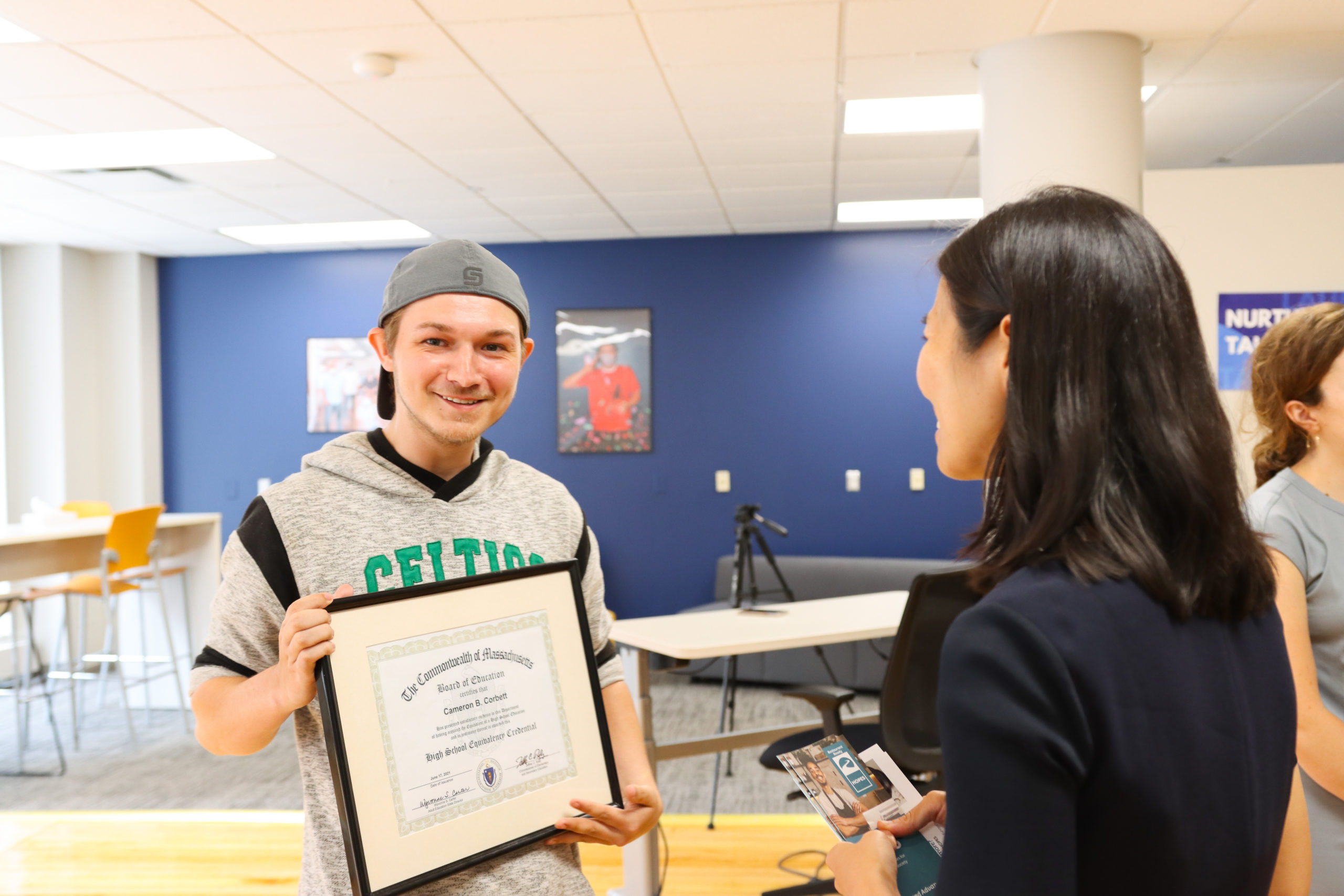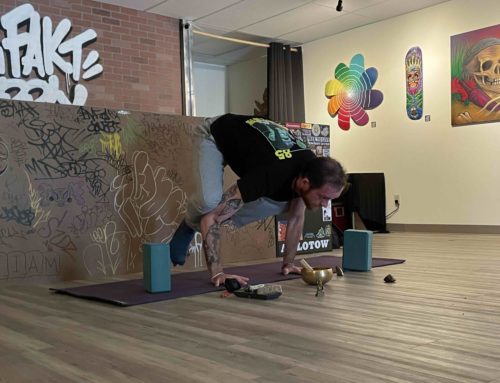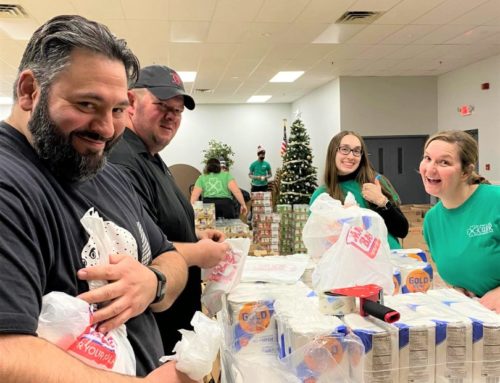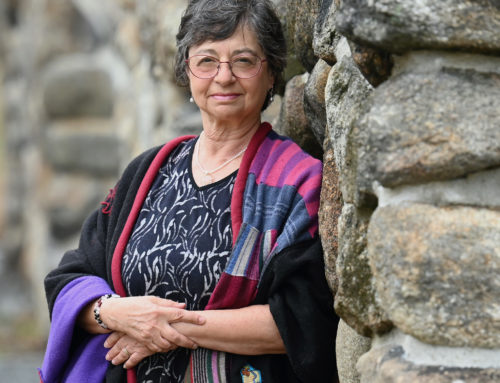Westborough —Westborough native Connor Schoen decided to dedicate his life to ending youth homelessness while interning as a Harvard freshman at Y2Y, a student-run homeless shelter in Cambridge designed specifically for 18–24-year-olds.
Schoen, who was in the process of coming out as pansexual at the time, said he was inspired by the homeless LGBTQ+ youths he met at the shelter who were willing to be open about their sexuality, even though it cost them their homes.
“I was in my own practice of coming out when I learned that 40% of young adults experiencing homelessness identify as LGBTQ+,” said Schoen, who is 23 years old. “So, as I am working the night shift at the shelter, I am meeting incredible young people, who despite having been literally kicked out of stable living situations because of their identity, continue to be resilient, brave and authentic about who they were.”
While interning at Y2Y, Schoen met fellow Harvard student Tony Shu and the two came together to form their own non-profit organization, called Breaktime, which aims to end youth homelessness through transitional employment programs.
Breaktime (which is based in Boston) recruits people experiencing housing insecurity through referrals from area nonprofits, then puts them through a two-week educational program called “launchpad,” which focuses on professional development and financial literacy.
After the two-week training period, Breaktime then hires their recruits (which they call “associates”) and staffs them at another organization for three months, where they develop transferable job skills.
According to Schoen, associates at Breaktime have worked with the American Heart Association helping to run a health literacy program, at the YMCA of Greater Boston where they ran a food distribution operation and at the anti-poverty non-profit, Action for Boston Community Development (ABCD), running three food pantries across the city of Boston.
In addition, Breaktime matches the savings of the associates so they can leave the organization with enough money to obtain stable, permanent housing. According to Breaktime’s website, “Breaktime Associates can save up to $50/week, which Breaktime will match one-to-one… Over 13 weeks, Associates are able to accrue up to $1,300 in savings, which they can access immediately upon finishing our program.”
Schoen said that after the three-month employment period, Breaktime helps their associates find full-time employment, education and/or training.
“Each of our young people might have a different journey, but ultimately, we want to see every associate engaged in 30 plus hours a week combined of work and school. That’s the ultimate end goal of our program,” said Schoen.
According to Breaktime’s annual report for 2020, the organization employed 25 young adults experiencing homelessness and generated $100,000 in wages.







Leave A Comment